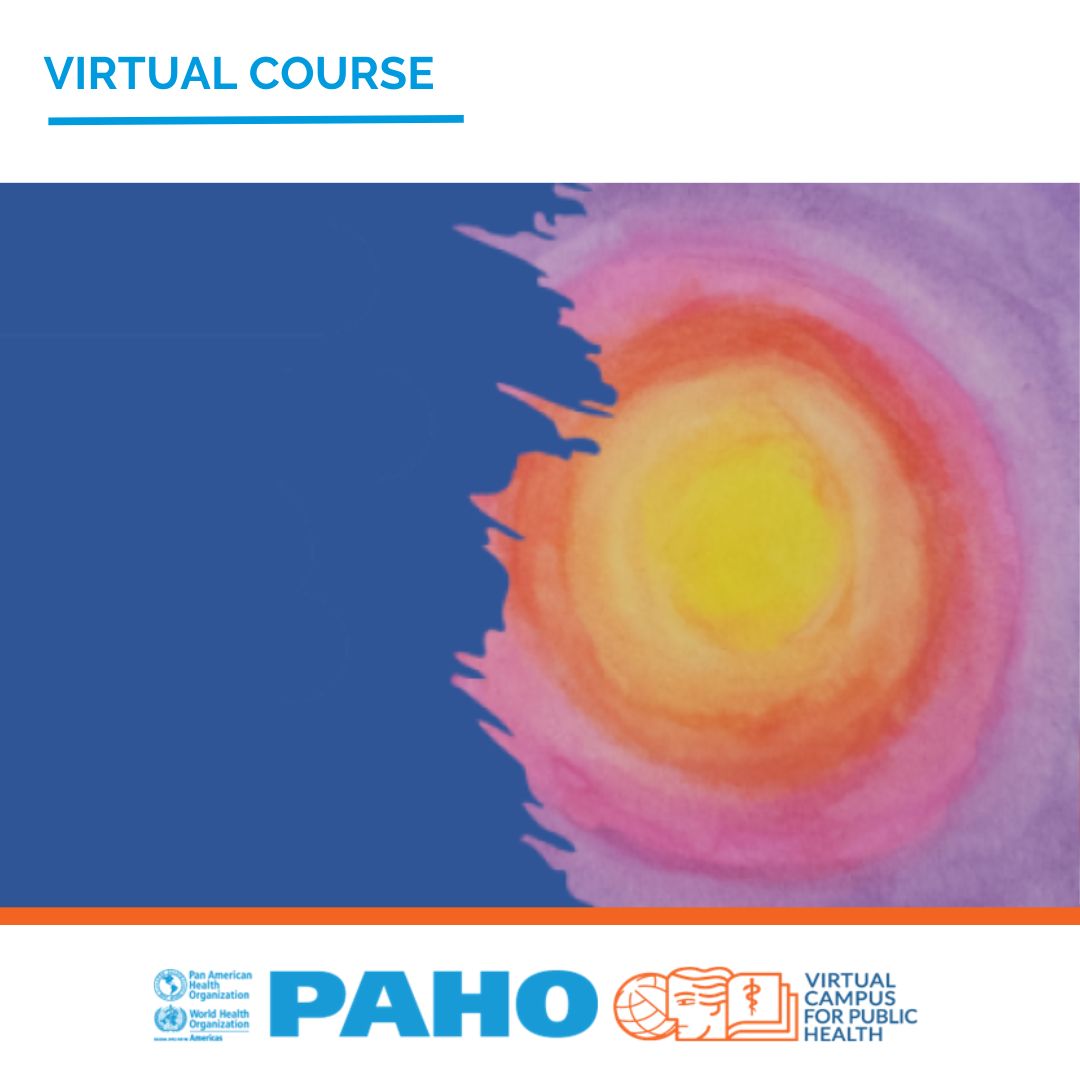
Introduction
This virtual course is based on the evidence that people living with mental health conditions face different challenges in their relationship with health systems: longer waiting time to obtain medical consultation; barriers to access to health; the greater probability of problems or errors in diagnoses; significant delays, or no access to treatments; and greater difficulty in monitoring chronic patients. All of this makes it relevant and urgent for health professionals to address the problems associated with stigma in their work contexts.
Stigma is defined as a situation that disables the individual for full social acceptance. In other words, stigma makes someone different with negative connotations and produces discredit associated with a failure or disadvantage. There are different types of stigmas such as those related to ethnicity, sex, age, religion, etc. But, without a doubt, one of the most powerful and resistant to change is the stigma associated with mental health challenges and/or substance use disorders. Its effects are observed in all social and cultural contexts, but it is of special importance in health contexts. Areas in which, ideally, there should be no prejudice or discrimination based on any personal or social characteristics, and less so for those related to the health disorders themselves, such as mental health challenges and/or substance use disorders.
Purpose of the course
The main purpose of the course is to help health professionals to identify the stigma associated with mental health challenges and/or substance use disorders and to implement effective personal and institutional actions to achieve greater inclusion and accompaniment of people with mental health conditions, that make health contexts spaces free of stigma.
Competences that the Course allows to develop
This course allows you to develop skills related to the consideration of people at the center of care practices, through culturally sensitive, respectful, and compassionate care.
Learning objectives
Upon completion of the course, participants will be able to:
-
Know the basic theoretical aspects of the stigma of mental and/or substance use disorders;
-
Know the effects of stigma on health interventions;
-
Identify stigmatizing attitudes and behaviors in their work environment;
-
Design actions against stigma in their work environment;
-
Promote more inclusive health care and treatment.
Target audience
Health professionals who work in health services of any specialty (medicine, nursing, psychology, social work, etc.) and level (managers, direct care, students, etc.).
Course structure
Module 1: The stigma of mental disorders.
Module 2: The stigma of mental health challenges and substance use.
Module 3: Impact of stigma in health contexts.
Module 4: Actions against stigma in health contexts.
Evaluation and certification of participants
The evaluation of the course involves completing the modules and completing the questionnaires included in it. Participants who meet these requirements and complete the Quality Survey of the Virtual Campus for Public Health (VCPH) will be able to download their course approval certificate issued by the Pan American Health Organization.

